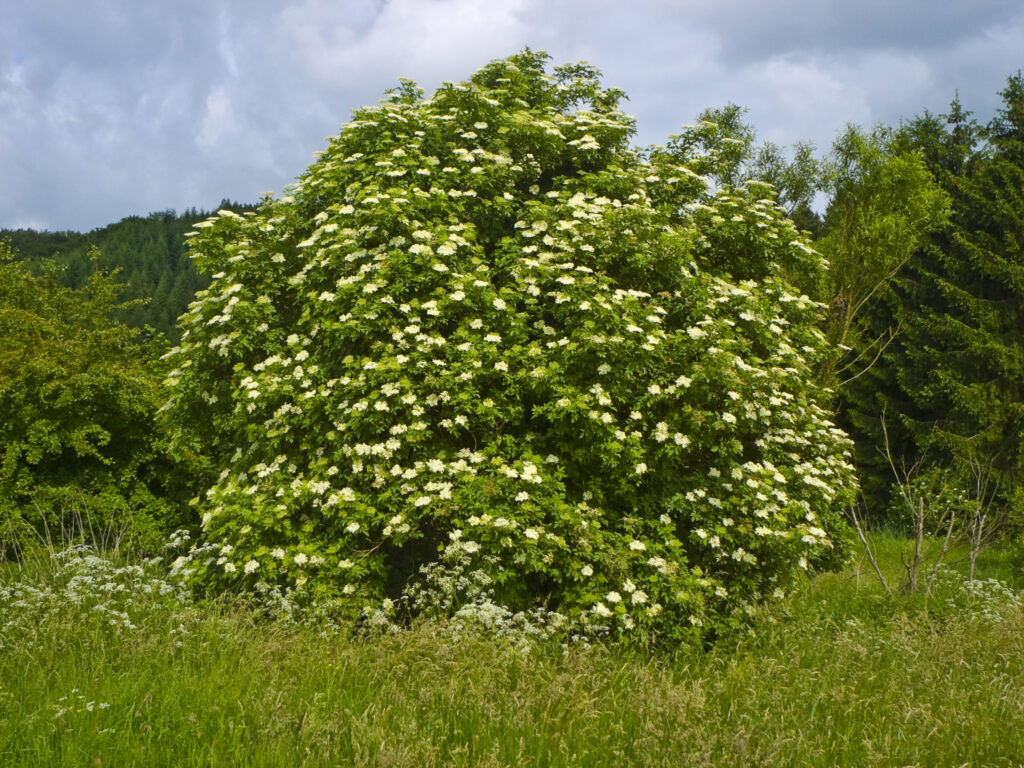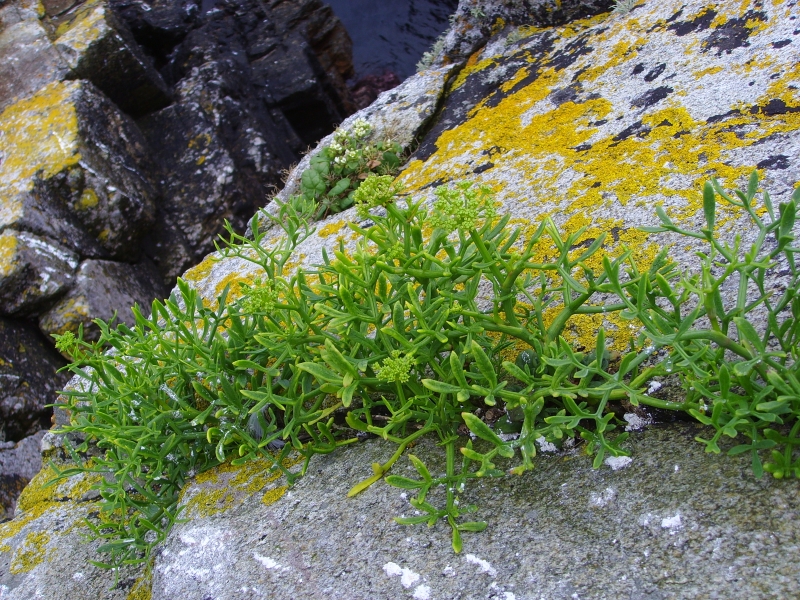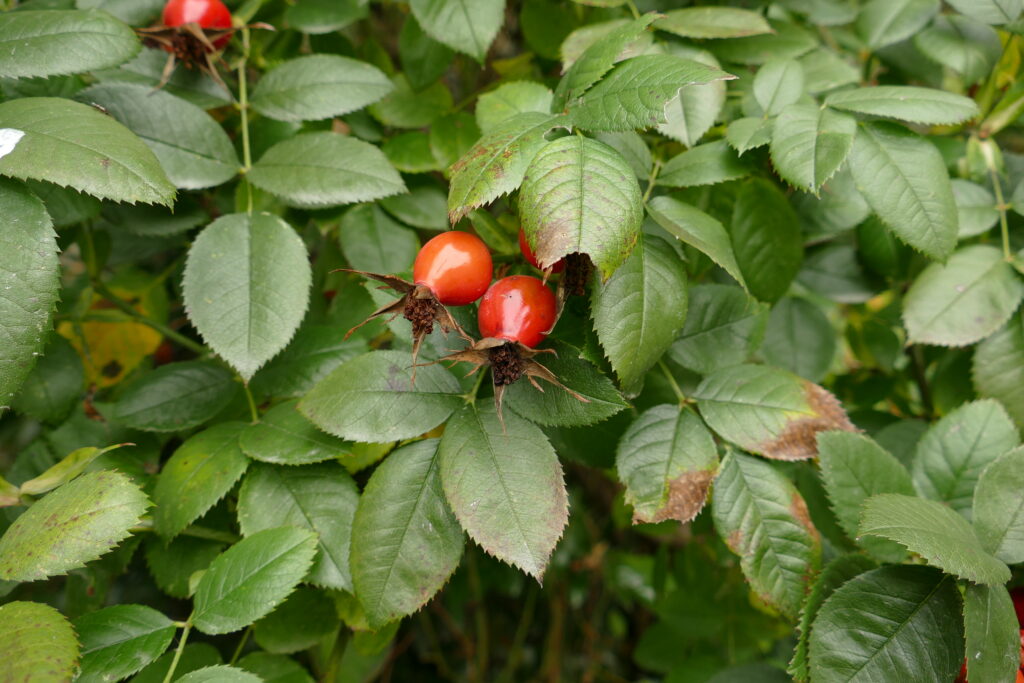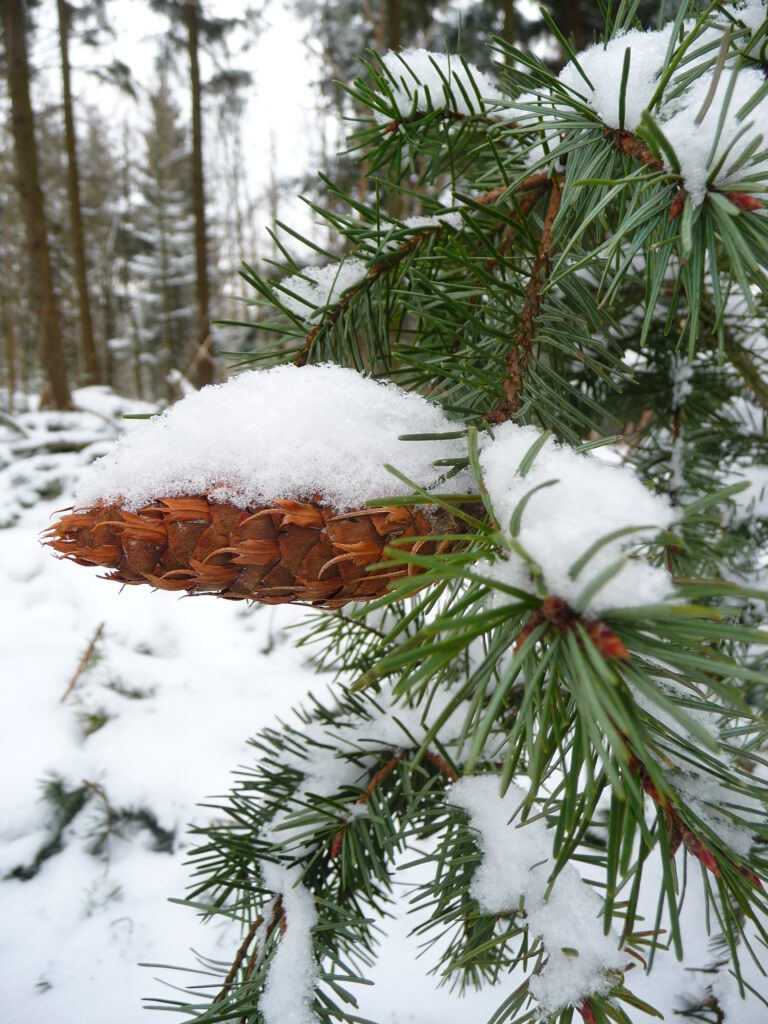Shrub, a vinegar-based cordial whose history we covered in the last post, is extremely easy to make. All you need is three ingredients, and you don’t even have to turn on the hob.

Infusion in vinegar is one of the easiest ways to capture and preserve the flavour of pungent, aromatic, and perhaps hard-to-eat ingredients. From bitter herbs to delicate blossoms, the wild world of foraging is full edible delights that fit this bill. If you’ve never take to the fields, forests or beaches to forage, you’re in for a treat... and a lot of wild garlic pesto.
Now get outside, scour the hedgerows, and meet me back here with a bottle or two of the Artisan Vinegar Company’s cider vinegar in hand! Made with minimal processing from true Cornish varieties, this vinegar is obviously lovely on its own, but it also makes a great canvas for experimentation.
Method
To make infused vinegar, fill a sealable glass container or bottle with as much of the foraged ingredient as you can fit (cut it up if appropriate), then top up with the cider vinegar. Store in a cool, dark place for a few weeks to 2 months, shaking every so often to submerge the ingredients. Smell and taste intermittently, and strain the vinegar into a sterile container when it’s to your liking. It will keep for 6 months to a year.

Spring: Elderflower
Tired of cordial and champagne? Infusion into vinegar is the quickest and most unusual use I've found for these short-lived, headily scented blossoms. Even better, you can still make a refreshing non-alcoholic drink out of the vinegar; just mix with sparkling water (and a little sugar syrup, cordial or honey, if desired). Before infusing, make sure to pick over the elderflower heads for insects and remove as much of the (slightly toxic) stems as possible.

Summer: Rock samphire
If you don’t have the privilege of being located as close to the coast as the Artisan Vinegar Company, you may not have come across rock samphire. This seaside vegetable is not actually related to the more common, equally salty and crunchy marsh samphire found in fish shops and on many a fancy risotto. In fact, rock samphire is the original samphire — the marsh kind, which used to be considered rock samphire’s poor cousin, acquired the name later. With a salty, bitter, intensely carroty taste, rock samphire is not for everyone, but it certainly deserves to be more well-known. Try brightening up the risotto with a few dashes of this vinegar!

Autumn: Rosehip
Rosehip vinegar has a bright, citrusy kick; you can add a bit of orange or lemon peel to the infusion to enhance that flavour. Make sure to pierce the rosehips all over before infusing to allow their flavour to leech out. However, do not crush them, as the hairs inside irritate the throat and should not be consumed. Filter the vinegar through a double layer of cheesecloth just to be sure. Why not try pickling some beets with this?

Winter: Douglas fir
If you’re running out of Christmas present ideas, how about a bottle of Christmas tree vinegar? Few people realise that all evergreen needles (with the crucial exception of those of the yew tree!) are edible; you can use any of the edible varieties here. Douglas fir needles have an amazing bitter grapefruit-type aroma. This vinegar would be lovely in a vinaigrette for a bitter winter leaf salad. Also try turning the needles into a soothing tea by infusing them into water with some lemon and then sweetening to taste!
Year-round back-up from the herb garden: Rosemary
You can’t go wrong with rosemary vinegar and its clean, woodsy aroma. Lavender makes a nice addition to the same infusion.
— Beatrix Swanson
Shrub, a vinegar-based cordial whose history we covered in the last post, is extremely easy to make. All you need is three ingredients, and you don’t even have to turn on the hob.
Now that everyone’s all about shrub, stay ahead of the curve with this ancient cooler
‘Buzziest pub in the world’ uses the world’s finest malt vinegar Tucked away as we are at the furthest-flung end of Cornwall, we know very little of what goes on in the fleshpots of Soho. So it was a pleasant surprise to see this article pop up on my phone – about one of our […]

The Old Nuclear Bunker,
Pednavounder,
Coverack,
Cornwall
TR12 6SE
01326 281135
info@artisanvinegar.co.uk